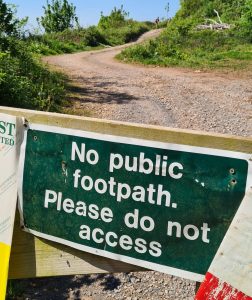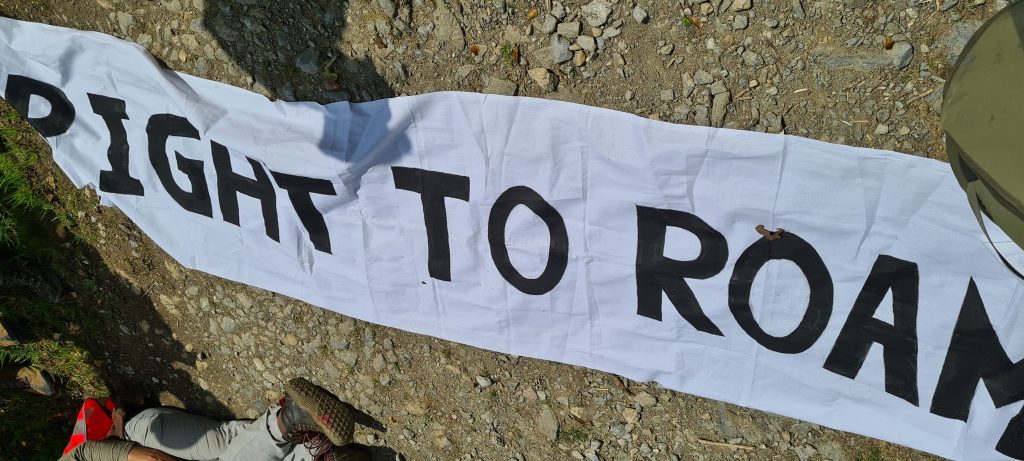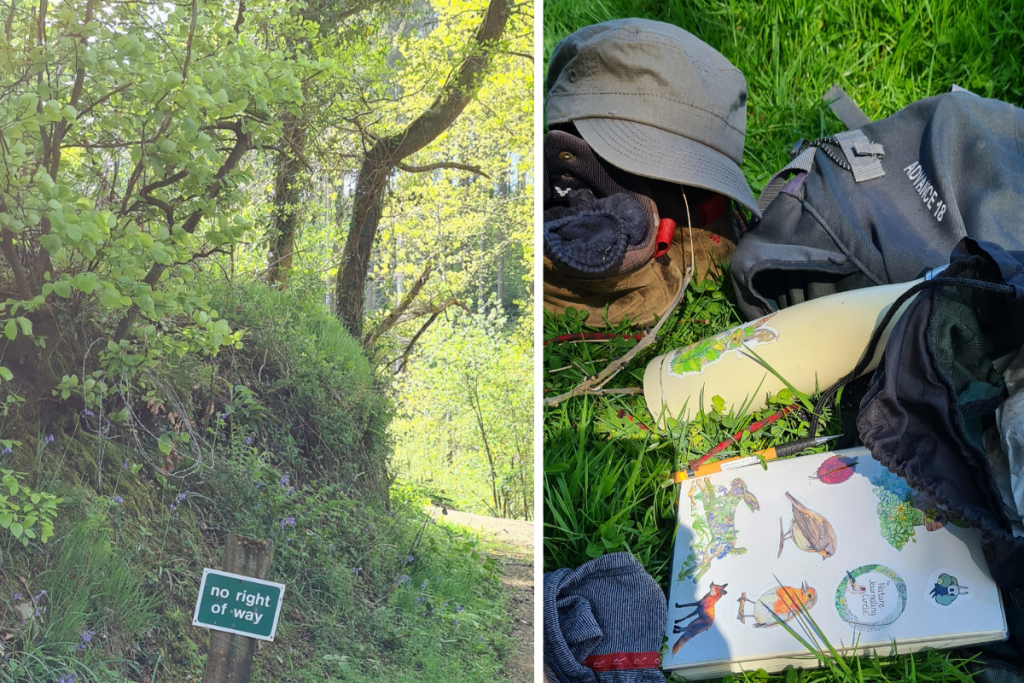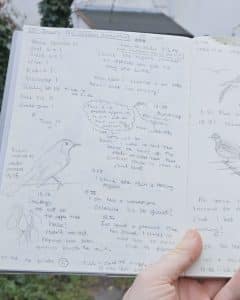On 8th May 2022, I marched with 200 other people through the Duke of Somerset’s estate, along a forbidden path, to protest the lack of a proper “right to roam” in England and Wales. The walk was led by Guy Shrubsole, author of the excellent book “Who Owns England?” The land we walked is a woodland used as a pheasant shoot, open to a few select individuals during the shooting season (if the price is right) and closed to everyone else all of the time (shooting season or not).

The main thrust of the problem is that we only actually have legally correct access to 8% of the UK and just 3% of rivers. Even then, only as a path (to go from Point A to Point B, technically you are not supposed to “dilly-dally” along the way, but in reality nobody is policing this). Deeply embedded into the British psyche is this idea that trespassing is a prosecutable offence for which you can and will be arrested (it isn’t). Moreover, the rights of the landowner are considered absolute, even the right to destroy (ecocide).
The other problem is that this very damning attitude has deepened the disconnect of the British public to nature. The reality is that the only people fighting for this are those who already have a deep connection to nature. Others just don’t realise what they have lost. England especially has this deep and nasty history of going out around the world and subjugating it, and we often forget that Britain’s commoners were subjugated first.

On the walk, and afterwards, I have been thinking about just how radical an act nature journaling can be. We can literally change our minds by taking the time to slow down and enjoy this activity, because it really is one of the deepest ways that we can connect with our surroundings.
Right to Roam campaigner Nick Hayes even mentions nature journaling and other familiar activities such as natural ink-making in his latest book “The Trespasser’s Companion”. When inviting people to begin nature journaling, educators and enthusiasts contribute towards an important shift in attitude. This can lead people to question what separates them from nature, now and in the past, and take steps to fight against these systems.

So when can nature journaling become a radical act? By simply sharing the word and encouraging people to try it? Or does the journal have to be taken over the fence and beyond the barbed wire to become truly radical? We could also ask how nature journaling can help address other problems, such as biodiversity loss and climate change.
Art and creativity have long been associated with revolutions of all kinds. Nature journaling is fundamentally harmless, but in the UK we are living at a time where standing up to ecocide has been criminalised. Even sitting in a private woodland with a journal can be considered an act of injustice against the landowner.
I’d love to hear your thoughts on this topic, how to use nature journaling to change minds and/or stand up for what we believe in.
Find out more about the right to roam campaign here. You can find books by Nick Hayes and Guy Shrubsole in my Bookshop.uk and Amazon shopfronts (affiliate links) accessible from this page.



